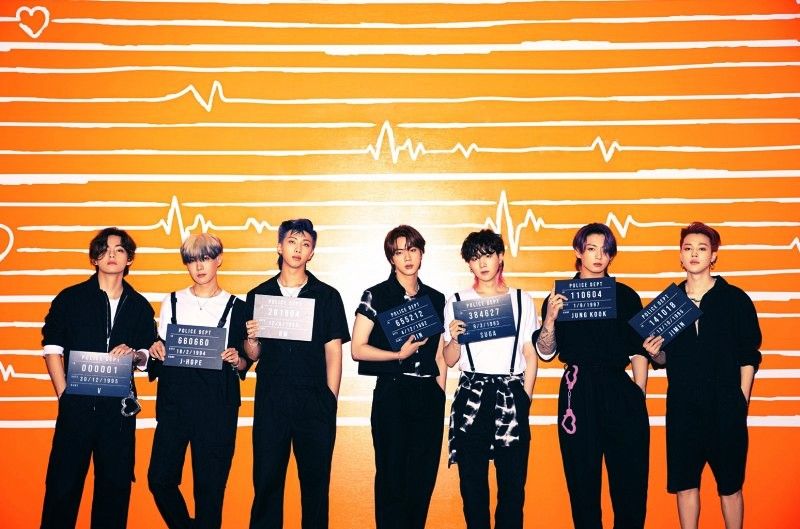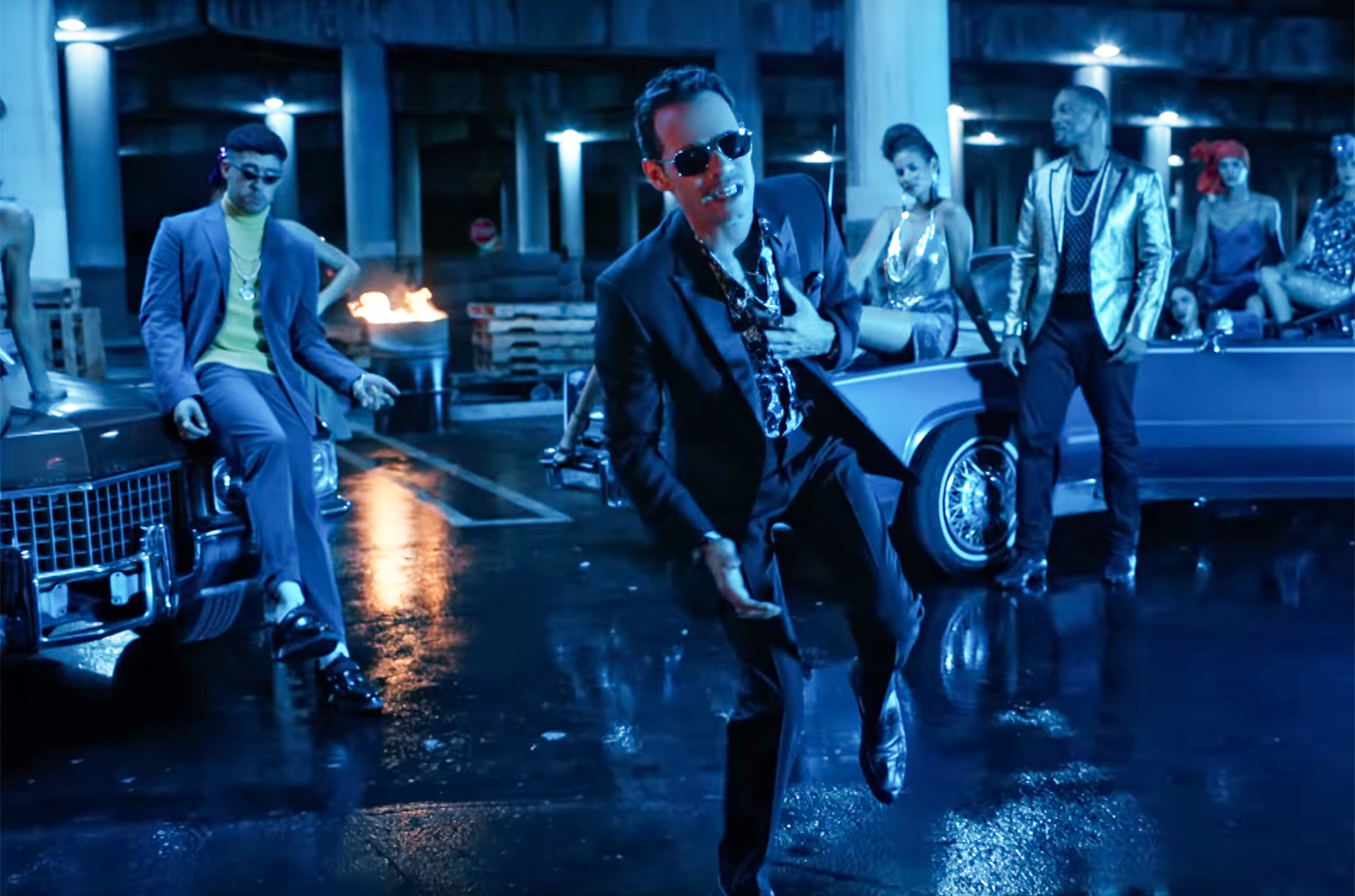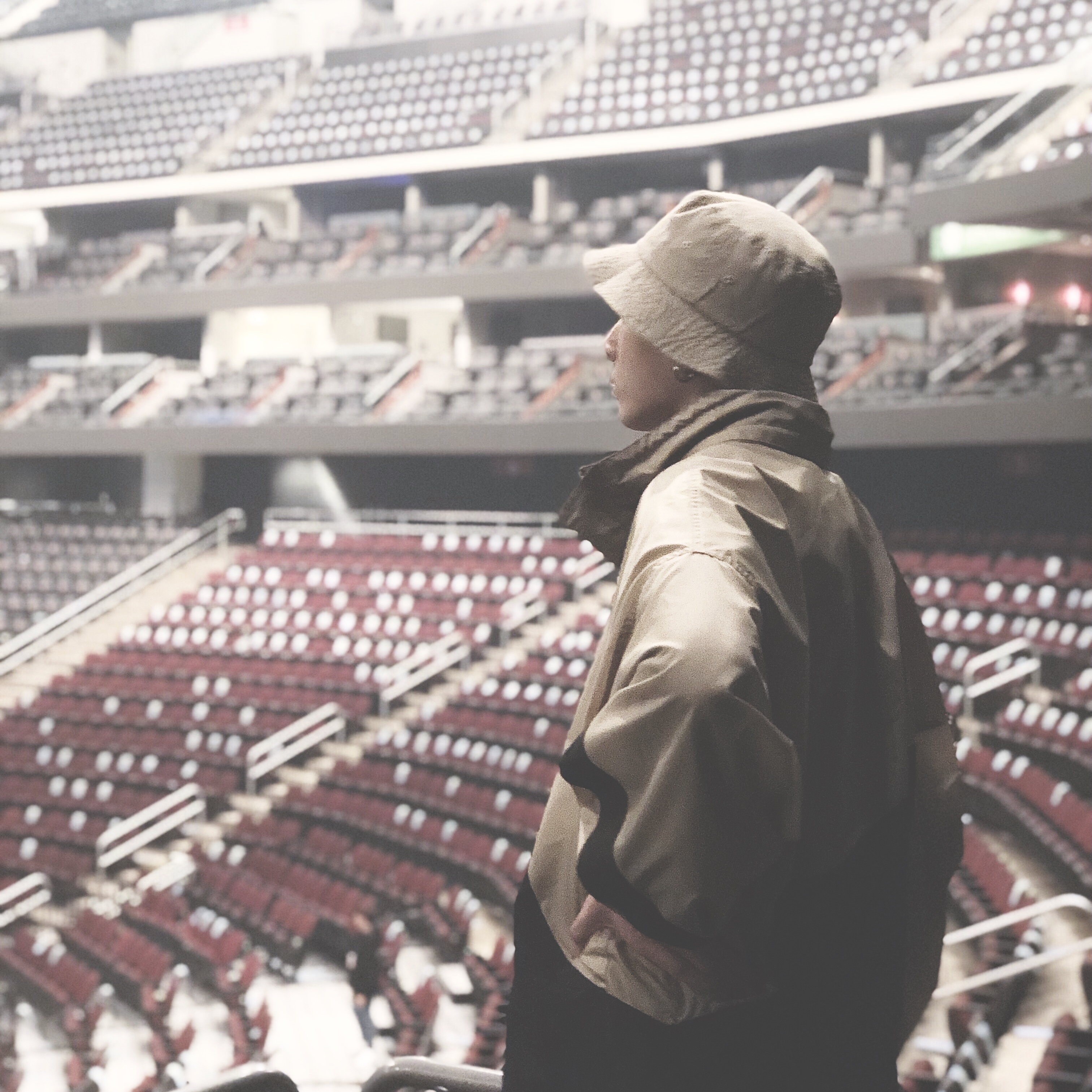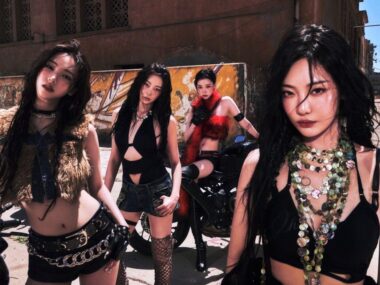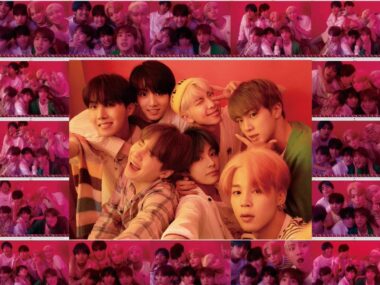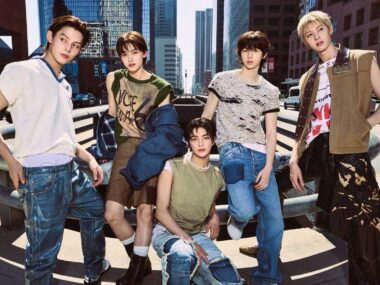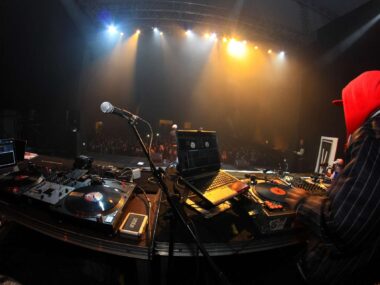As K-pop continues to expand and grow more popular in the West, the Korean entertainment industry has been trying to adapt. More idols are incorporating English lyrics into their songs and will sometimes release tracks sung entirely in English. They’re also collaborating with Western/American artists, with Rosé and Bruno Mars duet “APT” and Jung Kook teaming up with rapper Latto on “Seven” being most notable examples. It’s becoming more common to see Korean celebrities become ambassadors for Western fashion houses like Louis Vuitton or Gucci.
But some international fans are worried that K-pop is becoming too Westernized and is slowly losing its identity.
Why Are Fans Worried About the Westernization of K-pop?
A lot of fans got into K-pop because it sounded different from Western music. K-pop is known for having an experimental and maximalist sound with powerful vocals, memorable hooks and melodies.
Overtime, more idols have shifted to a softer, “easy listening” sound that blends pop with UK garage and drum and bass. The production is less experimental, song lengths are getting shorter, with some artists releasing tracks that are barely two minutes long. Now idols are experimenting with American hip-hop, Latin music and Afrobeats, which has led to accusations of cultural appropriation.
For some people, these changes feel like a slow cultural erosion. They feel that the genre’s appeal lies in its “Korean-ness” and being different from Western music. Fans worry that if K-pop becomes too similar to Western pop, it will lose the unique, quirky vibe that attracted them in the first place.
The History of The West’s Influence on K-pop
The idea that K-pop is “becoming” Westernized is misleading because it has always been shaped by Western influences. The reason the genre exists is due to West Coast hip-hop and R&B. Korean artists and music executives were fascinated by Los Angeles’s music scene and wanted to bring that sound back to South Korea.
In 1992, Seo Taiji and Boys mixed Korean lyrics with American hip-hop, new jack swing, and R&B. Lee Soo-Man famously studied pop trends in Los Angeles, which led to him forming SM Entertainment. He also created the idol training system after noticing how popular New Kids on the Block was in Korea.
The “Classic K-pop Sound” Was Global, Too
Many fans are nostalgic for the “classic K-pop” sound of the 2000s and early 2010s. Second-gen K-pop groups like SHINee, Girls’ Generation, 2NE1, f(x) and BIGBANG are often viewed as artists that defined that era.
But even second-gen K-pop was built on European dance music and global songwriting teams. A good chunk of YG Entertainment’s discography from the past decade wouldn’t sound out of place playing in a nightclub in Europe. SM Entertainment worked with Scandinavian and German producers, bringing Eurodance, synthpop, and trance elements into hits like Super Junior’s Sorry Sorry and SHINee’s Lucifer. Even tracks that were written entirely by Korean songwriters and producers were inspired by Western music in some capacity.
So… Is K-pop Losing Its Identity?
Not really. It’s just expanding its definition of what K-pop can be.
English lyrics and working with Western producers and artists aren’t anything new. Neither are the fashion sponsorships or the world tours. What’s new is the level of attention the genre is getting. That visibility brings growing pains, but it also brings more diversity, and more opportunities for experimentation.
The fans who long for “classic K-pop” aren’t wrong to miss it cause well…it was awesome. But it’s worth remembering that the golden era was also a product of Western influences.
K-pop didn’t start out pure and become diluted. It is a hybrid genre by design. Its success comes from blending Korean culture with global pop trends, not from isolating itself.
